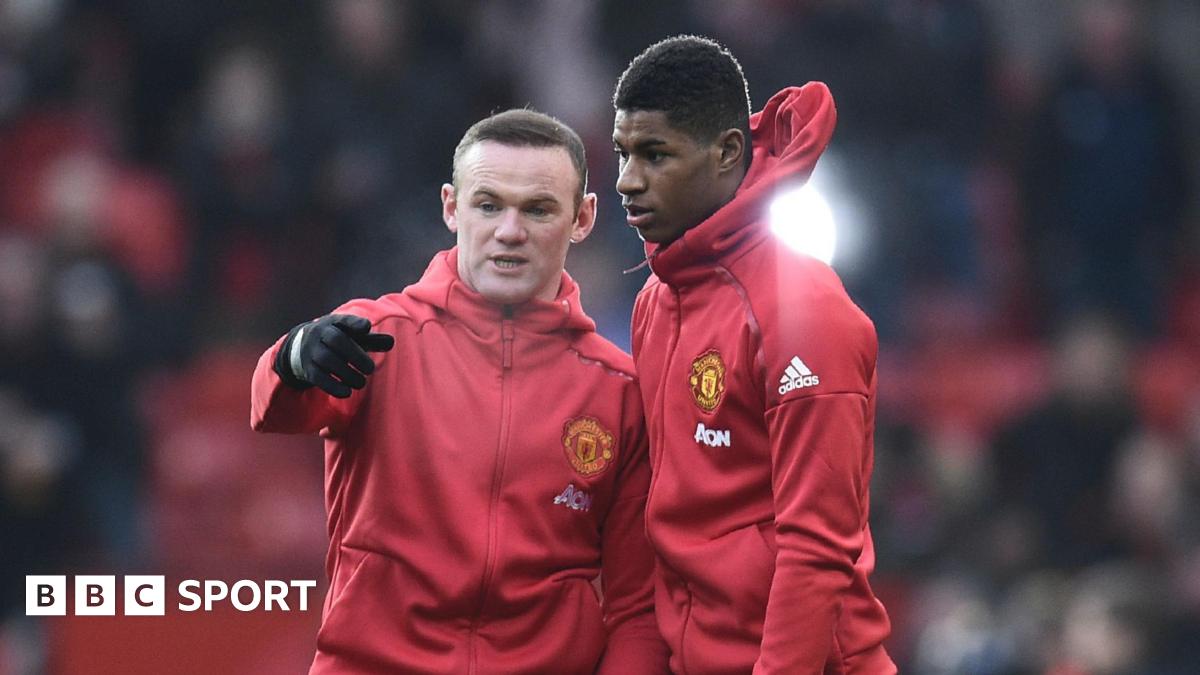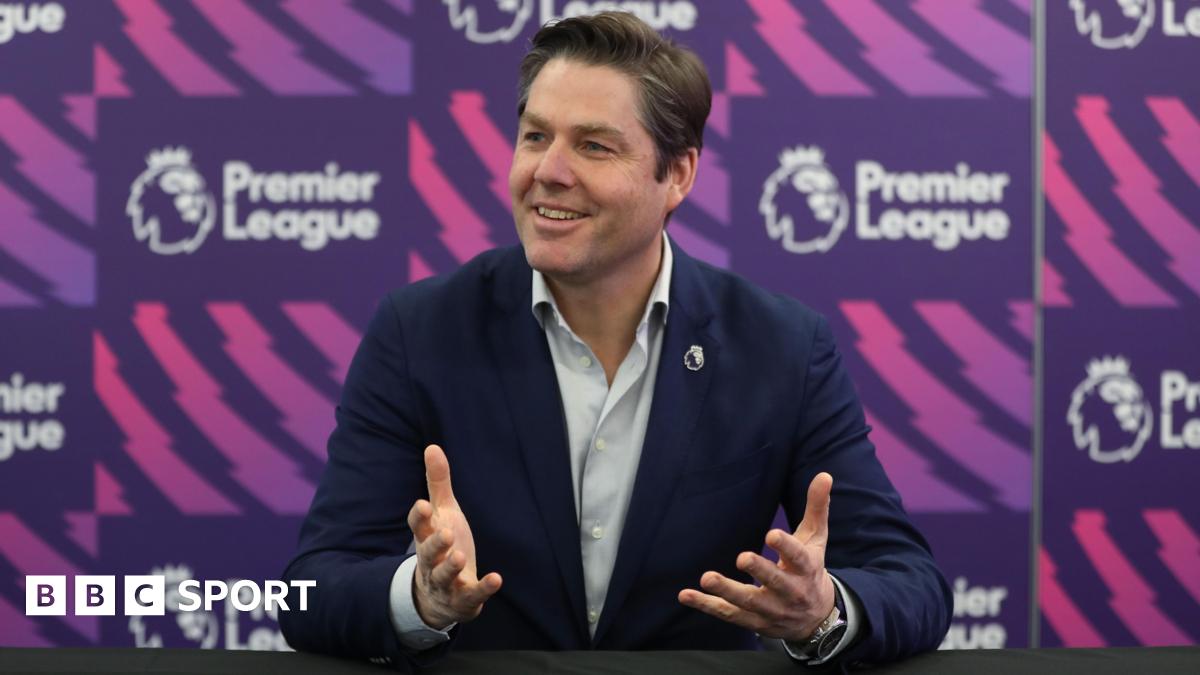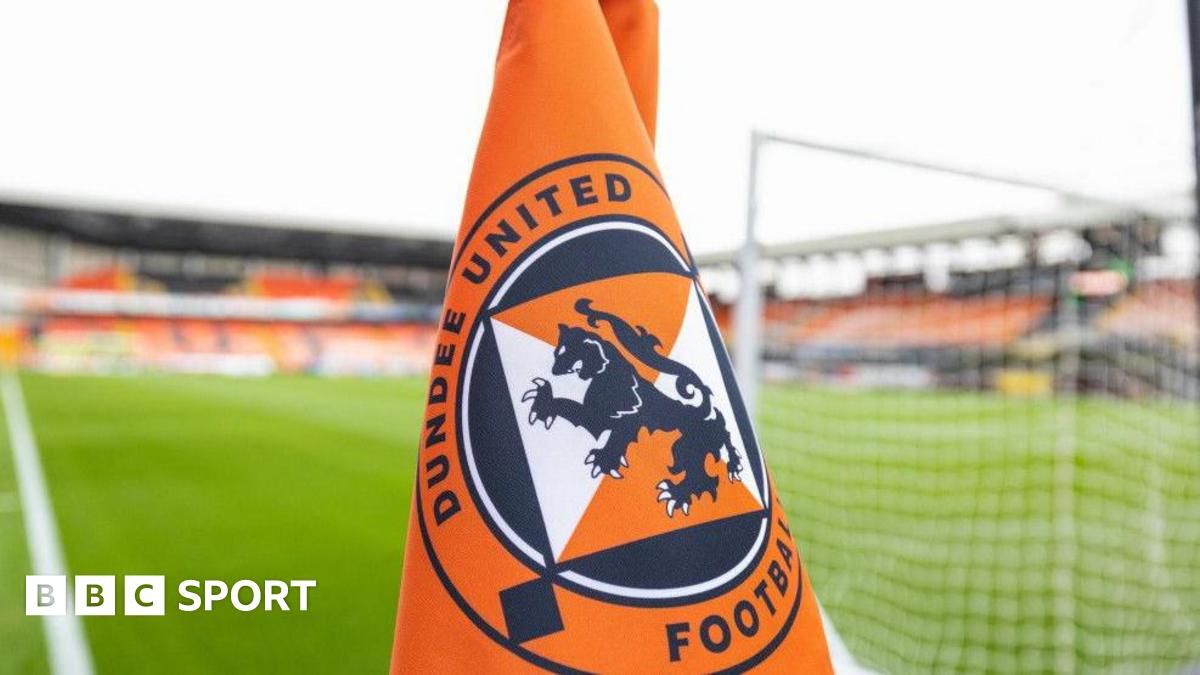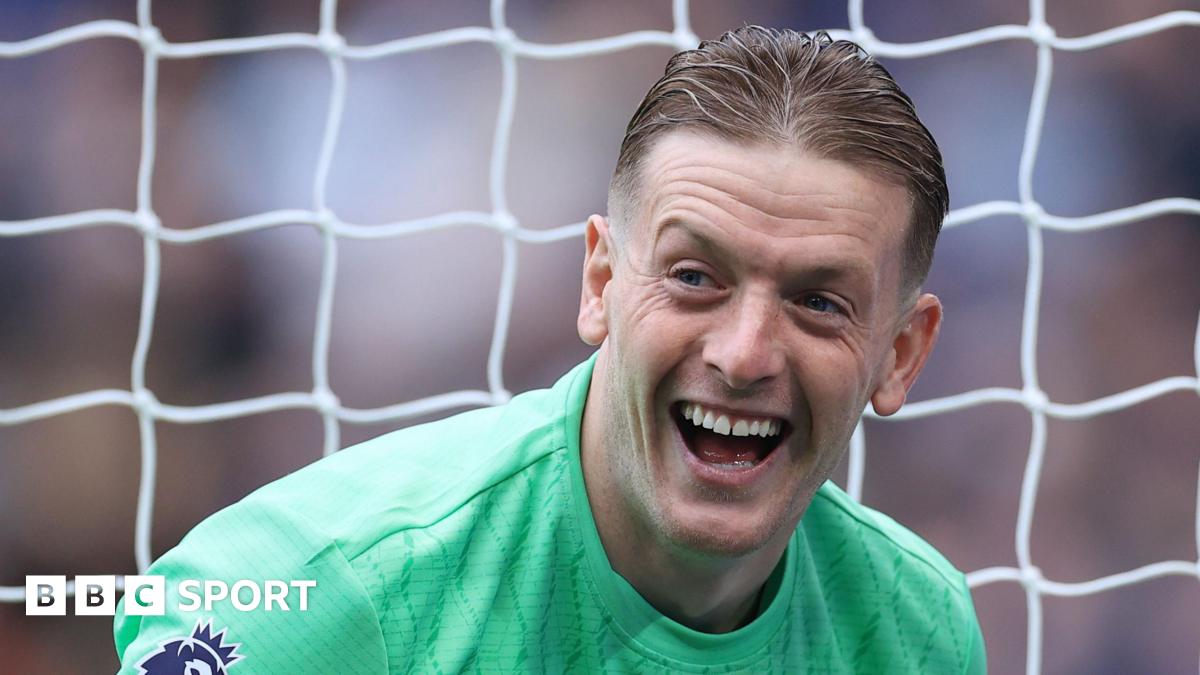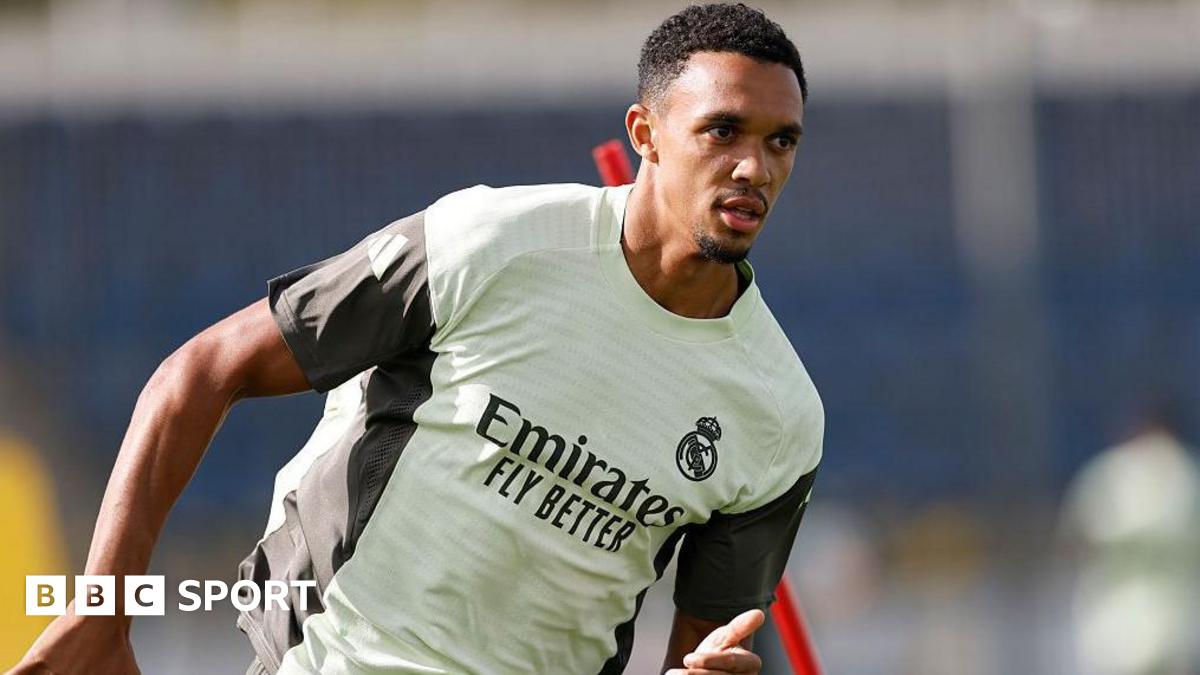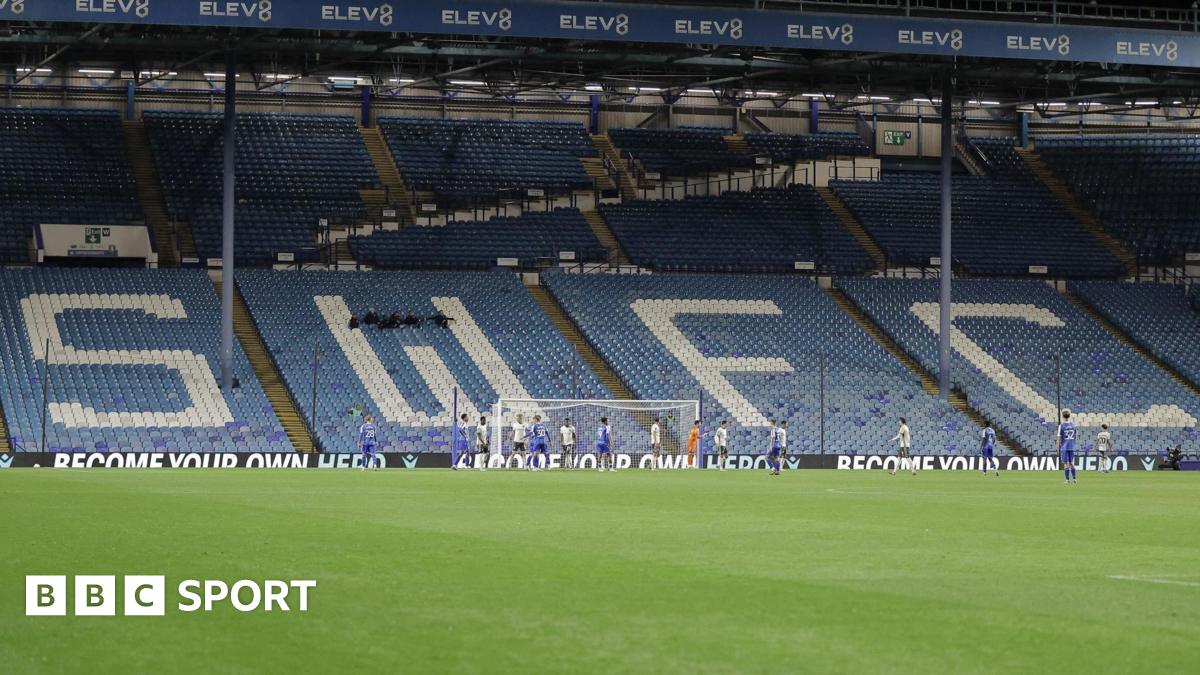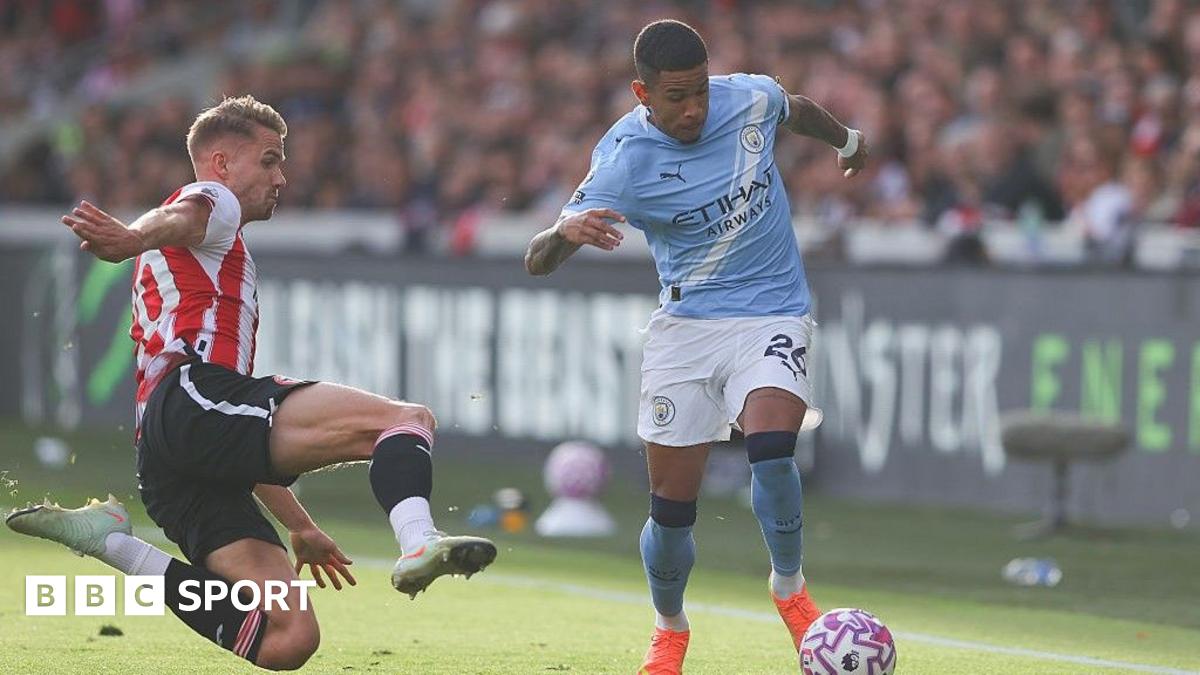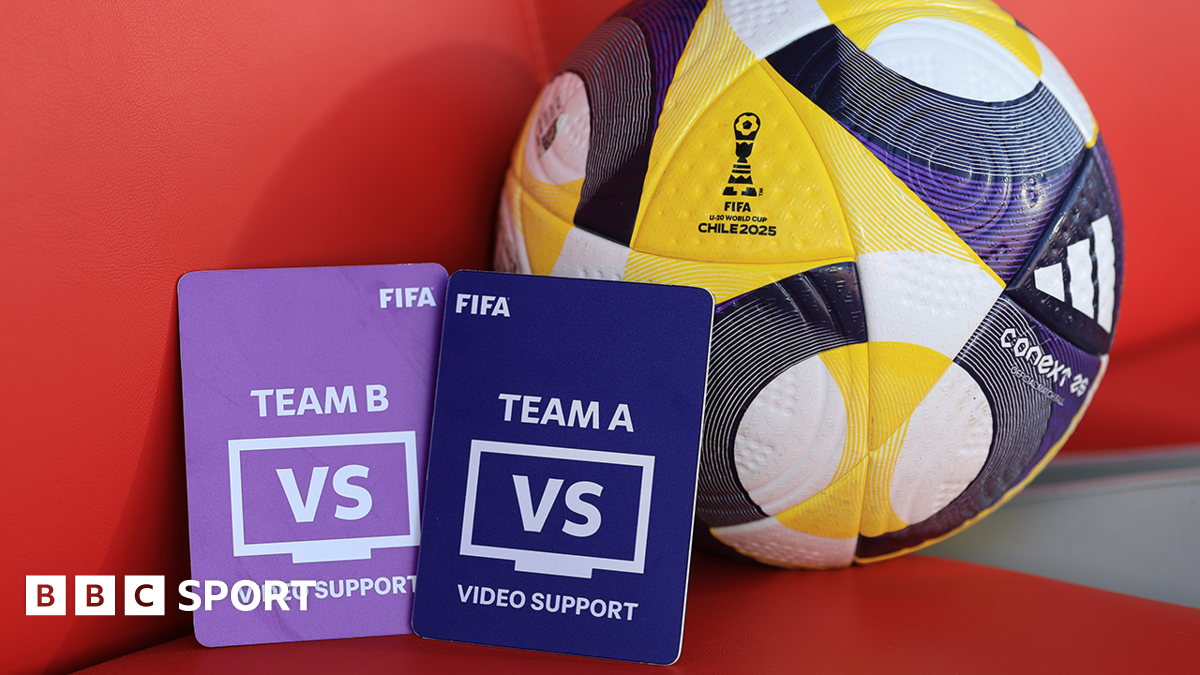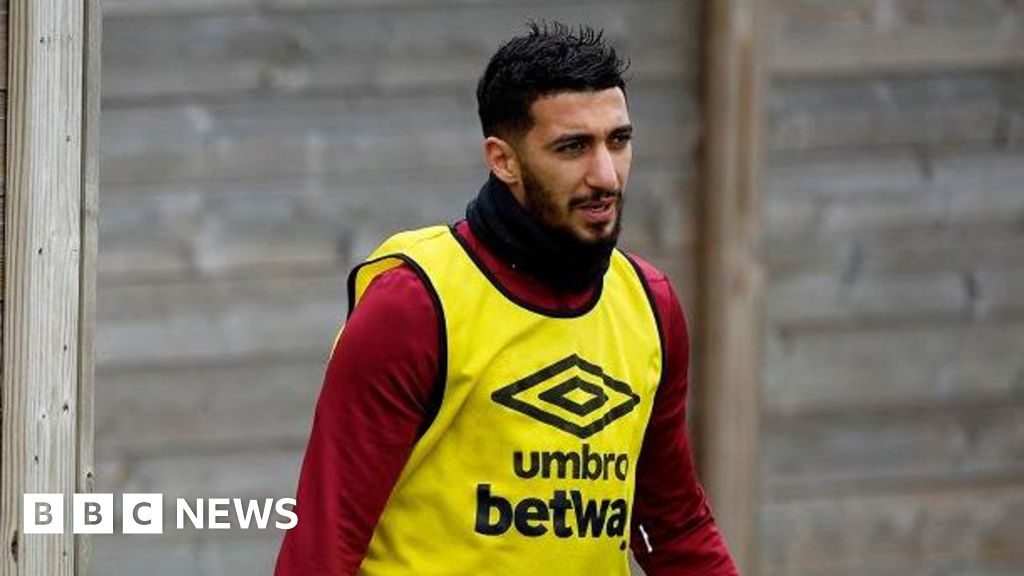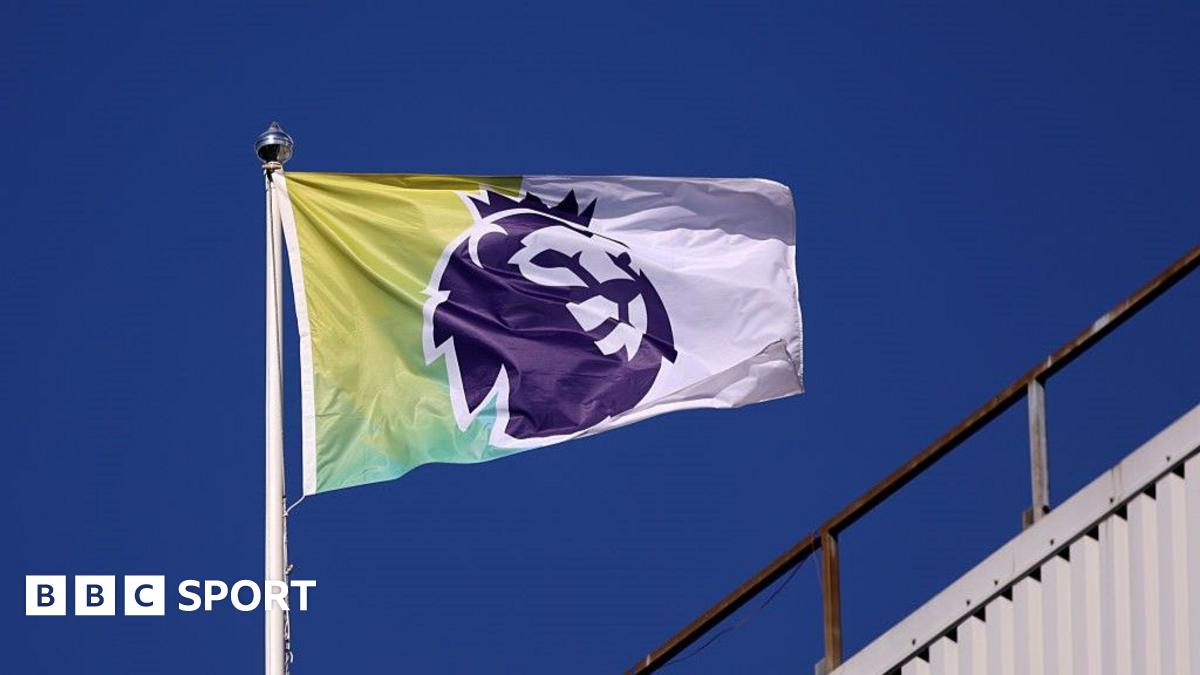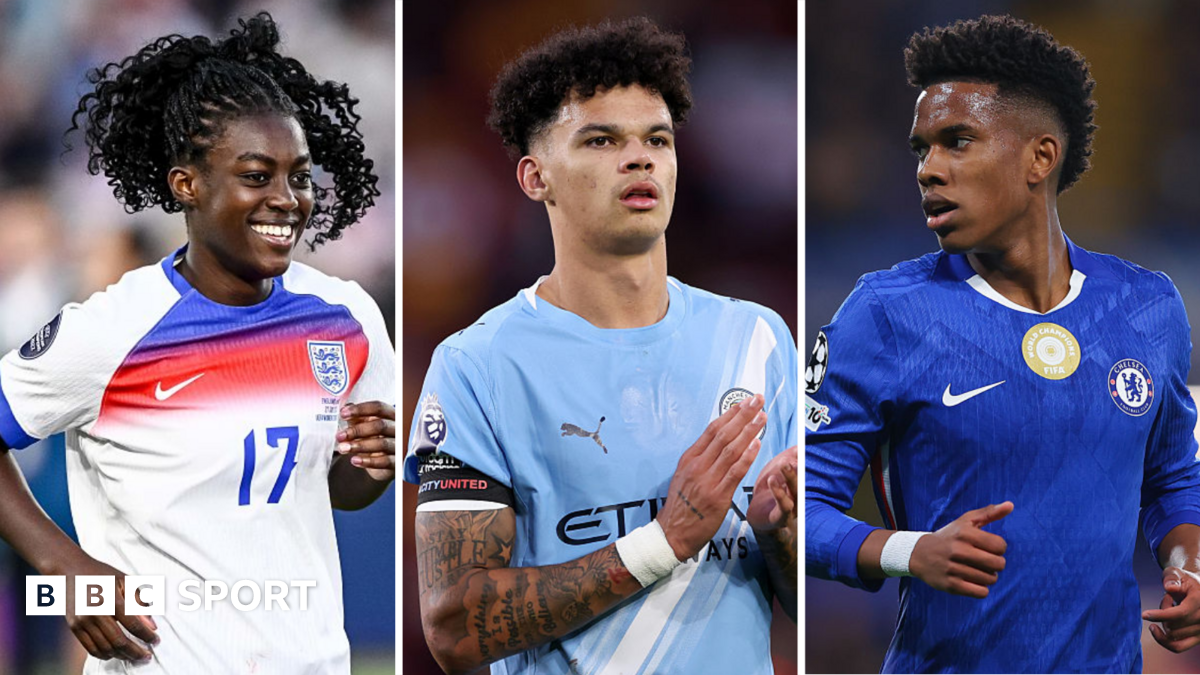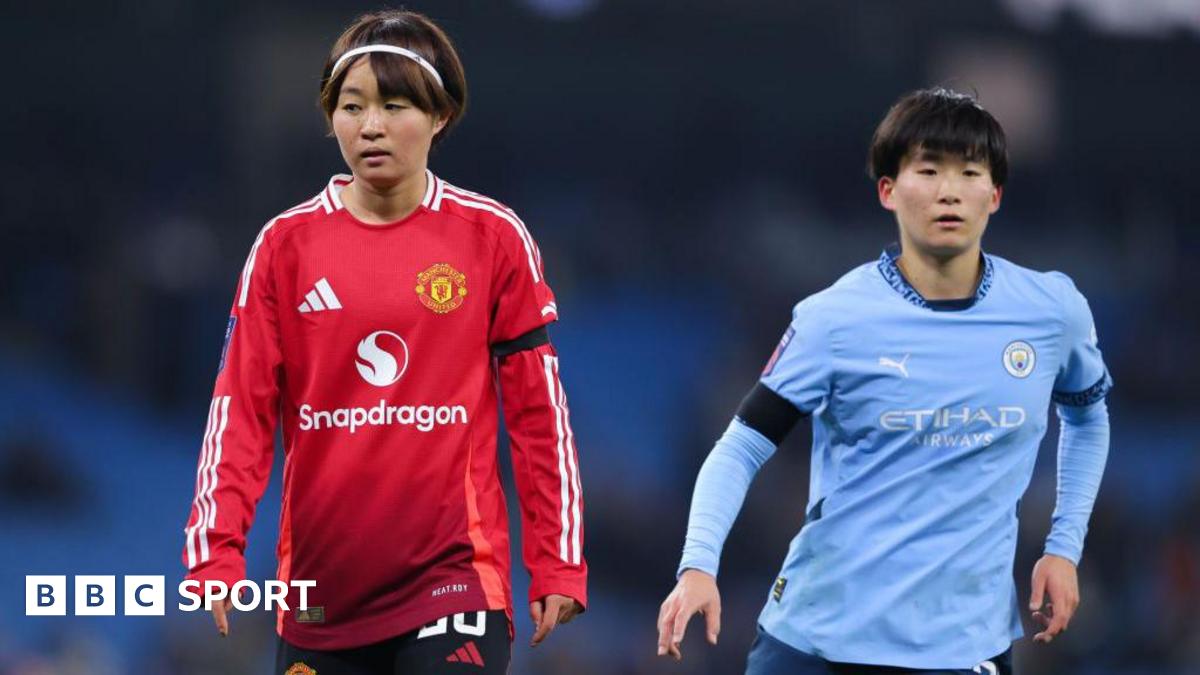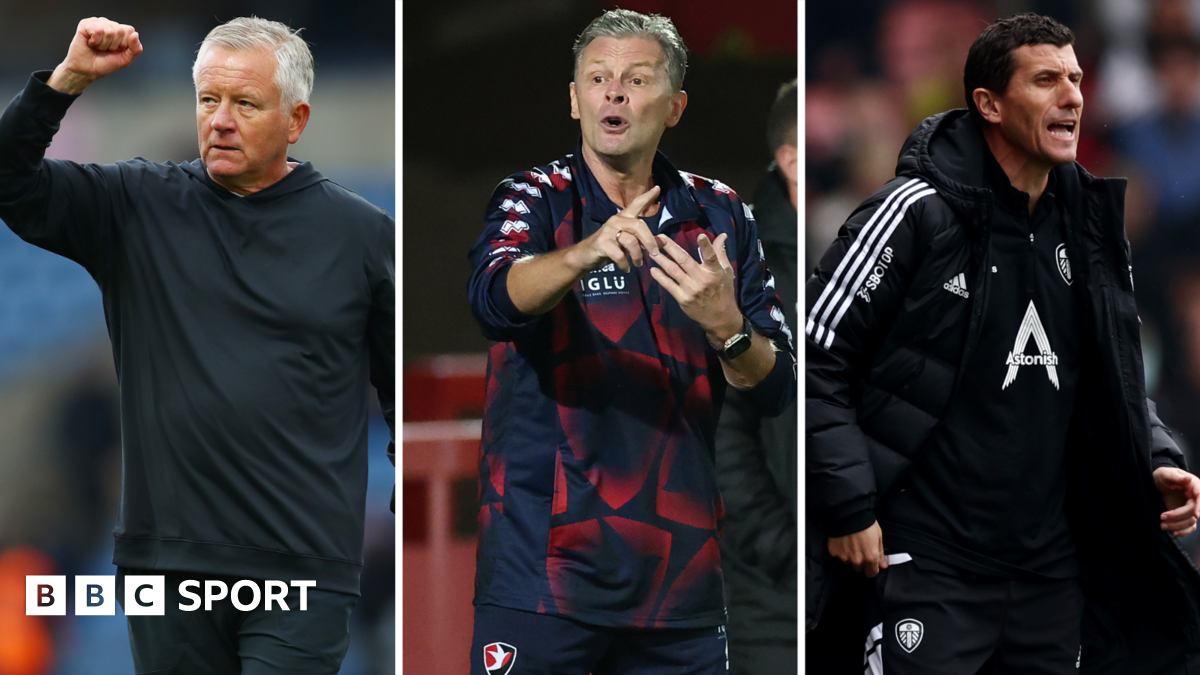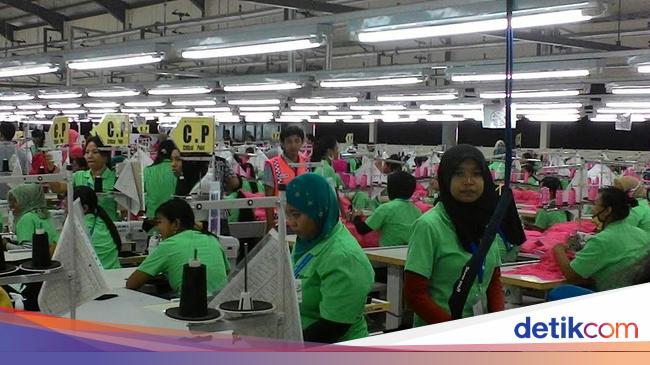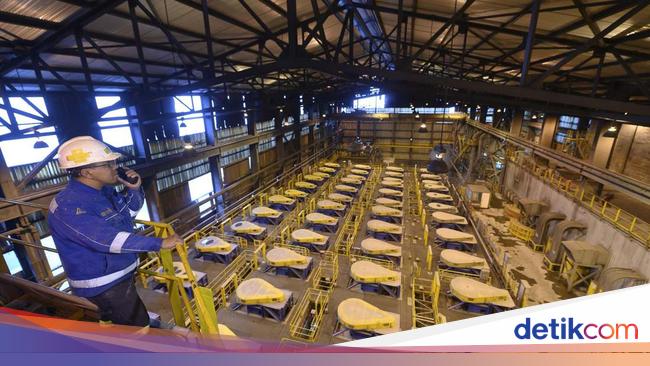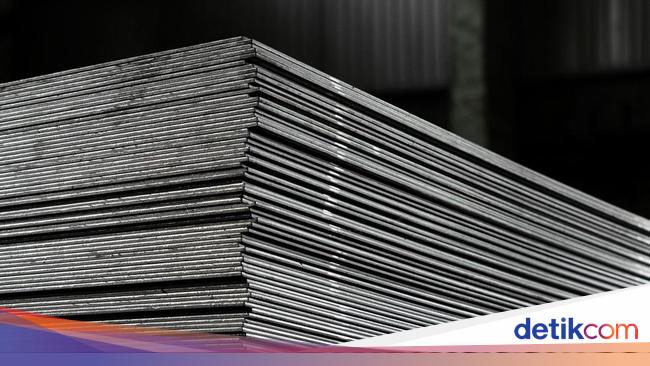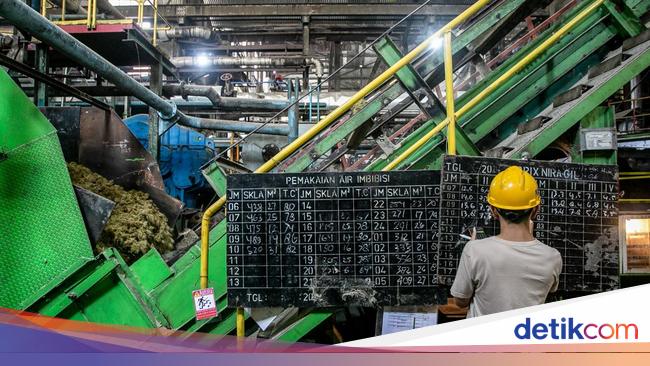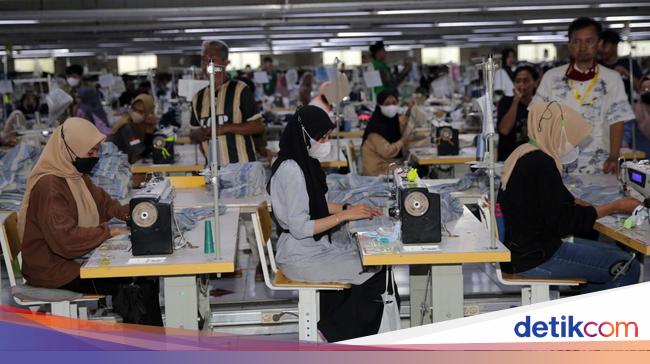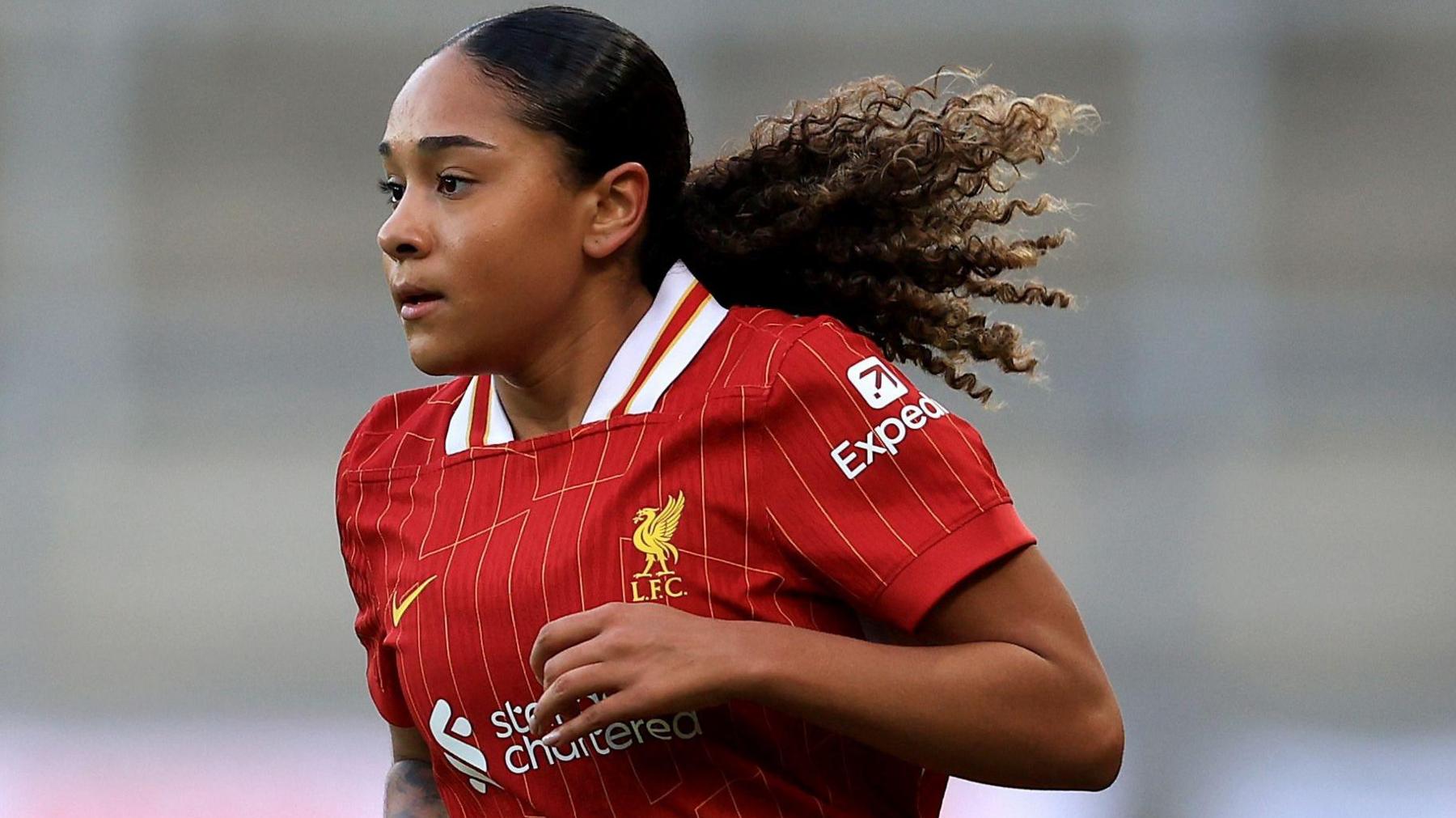 Image source, Getty Images
Image source, Getty Images
Olivia Smith scored seven times in 20 WSL appearances in her debut season
Adam Millington
BBC Sport journalist
Women's football is set for a historic moment.
Champions League winners Arsenal have agreed a "benchmark" transfer fee and will soon compete the first £1m signing of 20-year-old Liverpool forward Olivia Smith.
Everything had been pointing in the direction of the first £1m signing arriving soon. Chelsea set a world record when they paid £900,000 to sign the United States defender Naomi Girma from San Diego Wave in January.
You don't have to look far back, though, to find a time where a club paying in excess of £1m for a transfer looked a distant prospect.
Not only is it a record fee, but it is a record fee for a player who may find it "difficult" to immediately make it into Arsenal's team.
The Canada forward's transfer is symbolic of the women's game's rapid growth in recent years and the high levels of spending it now takes to be competitive.
"It's a benchmark figure," Football finance expert Kieran Maguire told BBC Sport. "It's a statement amount. I think it's fantastic for the women's game."
'It is an incredible sum'
In 2020, Chelsea set a world record when they signed Pernille Harder for £250,000.
Just five years later, the record is about to quadruple.
Former England midfielder Izzy Christiansen told BBC Radio 5 Live that it was "massive" for somebody who is still "in the early stages of her career".
Maguire said it shows Arsenal's ambition after winning the Champions League and their desire to challenge Chelsea at the top of the Women's Super League.
He told BBC Sport: "It's indicative of the level of growth in the game that we've now got clubs such as Arsenal who generate more revenue than any club in League Two, probably three quarters of the clubs in League One and some bottom clubs in the Championship as well.
"That's indicative of the growth of the game. They've got the 17th highest attendance in football last season - that's men's and women's game, higher than some clubs in the Premier League."
Why women's sides are now spending more
Maguire attributes the rapid financial improvements in English women's football in recent years to the England's Euro 2022 triumph, which helped to spark interest in the domestic game and entice a "different demographic".
The Lionesses' performance at the 2023 World Cup, in which they were beaten in the final by Spain, helped to continue the momentum.
Revenues for clubs increased by 34% across the 2023-24 season, with Deloitte's Sport Business Group forecasting revenues to top £100m across the league at the end of the 2025-26 campaign.
"The Lionesses winning was a shot in the arm for the game," Maguire added. "That's encouraged a different demographic and if you take a look at the people that go to watch women's football they tend to be younger, there tends to be more women watching, they tend to have a different mindset."
European football has also played a significant role in increasing the amount clubs spend, both in terms of how much they can afford, and the levels of expenditure needed to increase.
"[The £1m fee] reflects the step up you get in revenue from qualifying for the Champions League.
"It's now allowing clubs, if they've been successful, to spend money, or if they want to get into the Champions League then they realise that they have to invest in their squads, just like all forms of elite sport."
"It's no surprise that five of the game's biggest transfers have come since 2024: to be able to compete, clubs need to spend an ever-increasing amount.
"There's a premium," said Maguire. "Arsene Wenger always used to say that to get a 1% better player you had to pay 10% higher in wages and 20% extra in transfer fees and I think that's reflected in the women's game as it should be.
"If you really want to have the best teams then it comes at a fiscal cost."
Why Smith is a signing for the long term
In the past, record transfers tended to be associated with signing the game's biggest names. Harder was already one of Europe's best forwards when she joined Chelsea.
But the case is different with Smith. She signed for Liverpool from Portuguese side Sporting last year and has spent just one season in the Women's Super League.
Former Scotland captain Rachel Corsie said Smith is a player who will be part of Arsenal's long-term ambitions.
"I don't necessarily know how easily she walks into that Arsenal team, obviously they won the Champions League last season which makes them extremely lucrative but they've got a great attacking threat already," Corsie told BBC Radio 5 Live.
"It will be a challenge for her but probably an addition for Arsenal that they'll expect is maybe one of those signings who could be at the club for a number of years."


 3 months ago
34
3 months ago
34
